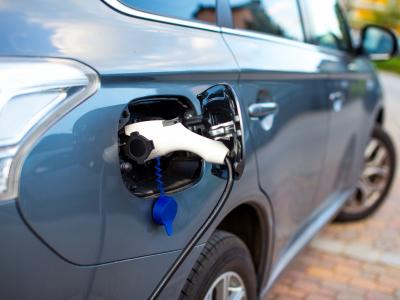
Electrics Reach 17.7% of All New Car Sales in California
2022 sales 126.9% more than 2020 new electric car sales
By Evan Symon, October 20, 2022 4:30 pm
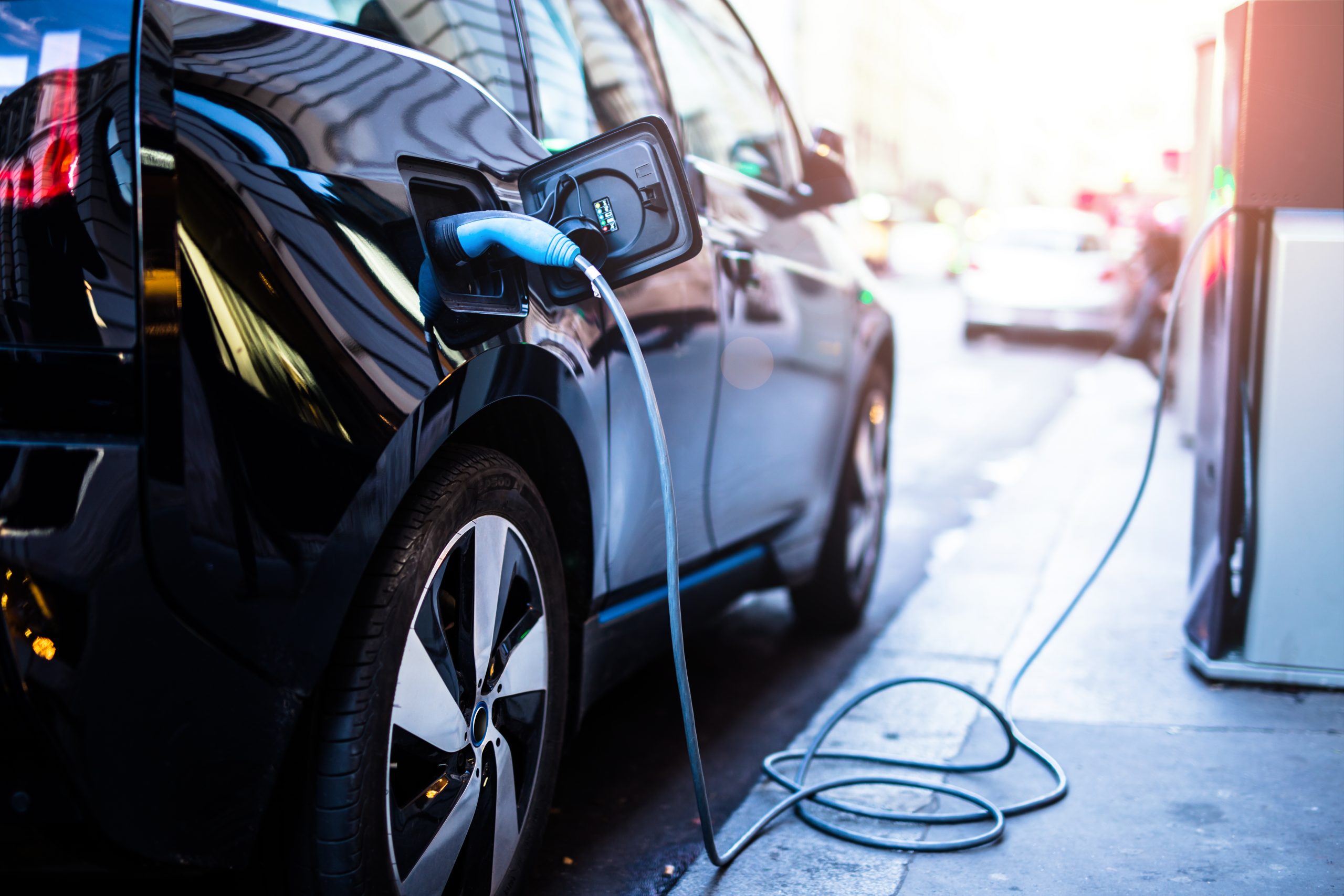
The California Energy Commission (CEC) released new zero emissions vehicle (ZEV) sales info on Wednesday, showing that 17.7% of all new cars in California have been ZEVs, a rise of 126.9% in ZEV sales since 2020 and climb that ensures that the state will meet their first electric car sale benchmark in four years.
While electric cars have been seeing steady growth in California since the 2000’s, the state has seen a new rise in ZEV sales and consumer demand for the cars in only the past few years, as well as an upcoming ban on new gas powered vehicles by 2035. First ordered by Governor Newsom in September 2020, California’s staggered plan of requiring 35% of all new cars sold in California in 2026 to be electric or hybrids, 68% by 2030, and 100% by 2035 brought many up in arms. While many car manufacturers were generally in line to do so, many in state and federal government, including the head of the EPA, questioned the decision. However, after gas prices rose to new highs earlier this year nationwide, with Californians seeing amongst the highest in the nation, public and governmental reception warmed.
Despite numerous problems associated with the 2035 plan, including concerns of enough electricity being available to power cars and battery component issues that could potentially make the 2035 plan impossible, the California Air Resources Board (CARB) approved the 2035 plan in August, making national and international news.
“California automobile manufacturers that are forced to comply, all of a sudden, and have to create or decide to create one car or multiple cars for multiple markets,” Gov. Newsom said about the 2035 plan. “They’d rather invest in one car one technology and if you get these other 17 states, you’re getting close to over a third of all vehicle sales in the country. Now all of a sudden you’re at a tipping point. And that changes going forward. This is an opportunity that presents itself for all these other governors.”
“It’s ambitious, it’s innovative, it’s the action we must take if we’re serious about leaving this planet better off for future generations. California will continue to lead the revolution towards our zero-emission transportation future.”
That rush for 100% ZEV sales by 2035, as well as the much more closer benchmark of 35% of all new cars in California sold be electric, played a part in the new CEC data released on Wednesday. According to the CEC, 17.7% of all new cars sold in California have been ZEVs this year, with sales up by 42.7% from 2021 and by 126.9% from 2020. In terms of the entire country, ZEV sales were only 4.9% of all new car sales in the US, with California alone being responsible for 42.6% of all electric cars sales in the country with 250,486 sold so far this year in the state.
A huge increase in new electric car sales
The Tesla Model Y and Model 3 were by far the most popular types sold this year, with those two models accounting for over 50% of all new ZEV sales in California alone. In addition, the report noted a large rise in electric vehicle chargers in the state, with 79,023 currently installed in California as of last month.
While many state officials and electric car advocates have pointed to California’s 2035 ban on new gas-powered car sales, experts have pointed out that the giant increase in ZEV sales have had more to do with high gas prices than anything else.
“All of these new electric sales, well, some will be from people wanting to help the environment, but most are coming from people who are fed up with high gas prices,” explained Veronica Deer, an auto industry analyst who focuses on the electric market, to the Globe on Thursday. “A lot of Californians also have long commutes, and don’t like the constant auto work and wear and tear that gas-powered cars have. This is really a money saving move by most, not one made in wanting to help the state reach their goals.”
“We’re seeing this in other states besides California too. Market and economic forces are the factors having people switch over, not forced compliance. Notice you’re not seeing Governor Newsom or other lawmakers taking credit for this. They know their plan is only working so well right now because people don’t want to pay that much for gas, which is actually partially put on the state too due to having a high gas tax there.”
“As for the new charging station info. It’s great until you consider that a lot of them are not operable. Over a quarter of charging stations in the Bay Area don’t work, so take that large gain claim with a pinch of salt. Overall though, remember that with these new figure it is the economy and people not wanting to pay high gas prices any more, and not the state, being responsible for this uptick.”
Final 2022 ZEV data is due to be released in early January.
- Bill to Require Law Enforcement Disclosure if AI Was Used To Help Write Reports - August 7, 2025
- Gov. Newsom Files FOIA Request To ‘Expose True Cost’ Of L.A. Federal Troop Deployment for Anti-ICE Riots - August 6, 2025
- California Redistricting: How Newsom’s Plan Will Demolish Hard Fought GOP Gains - August 6, 2025


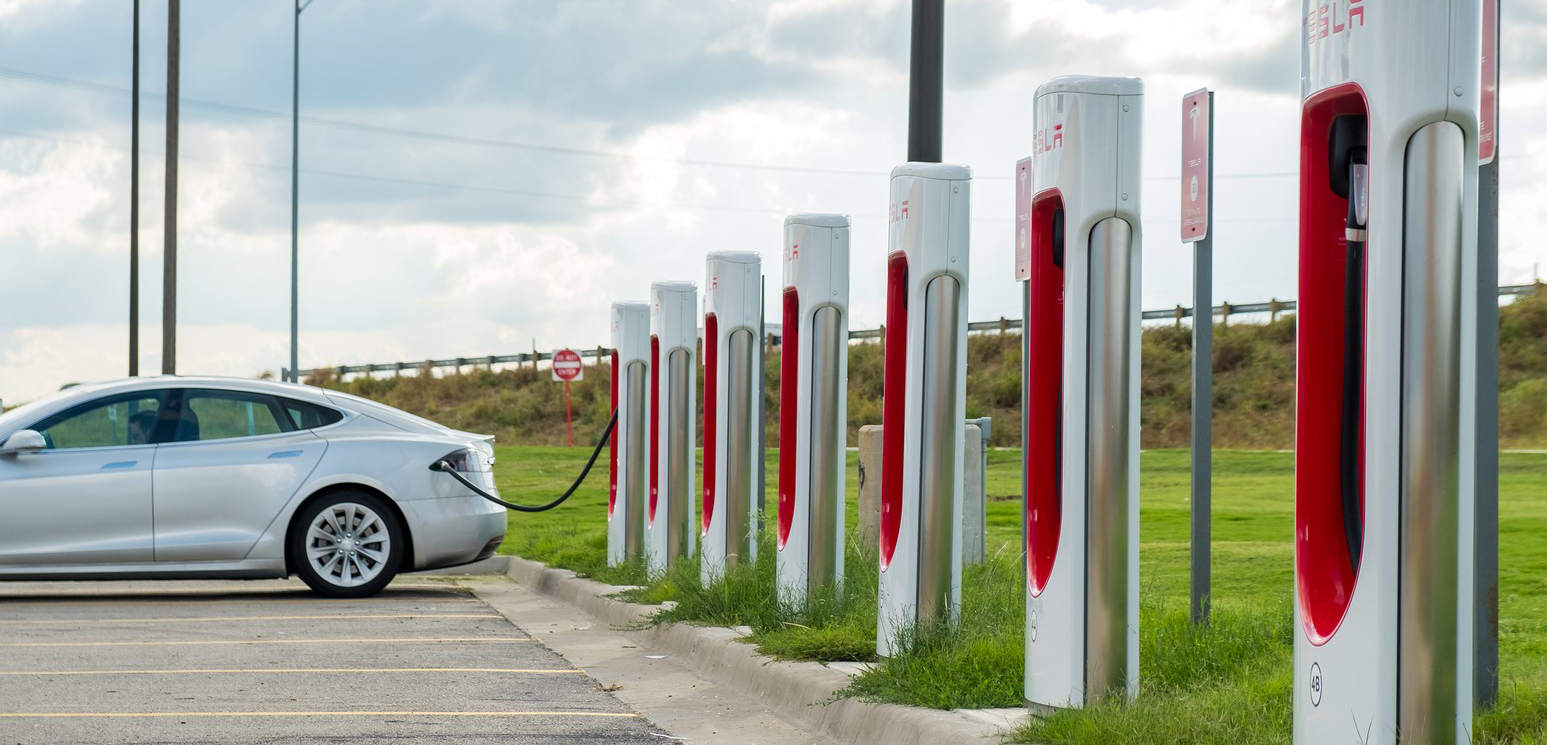
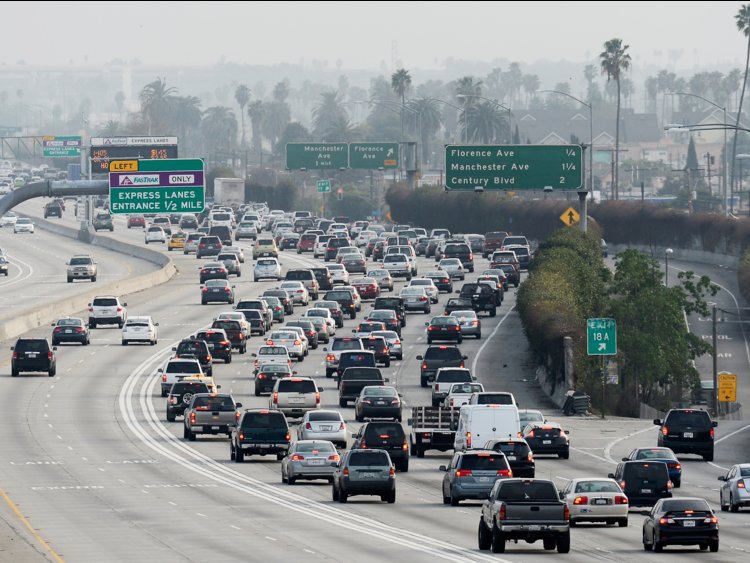
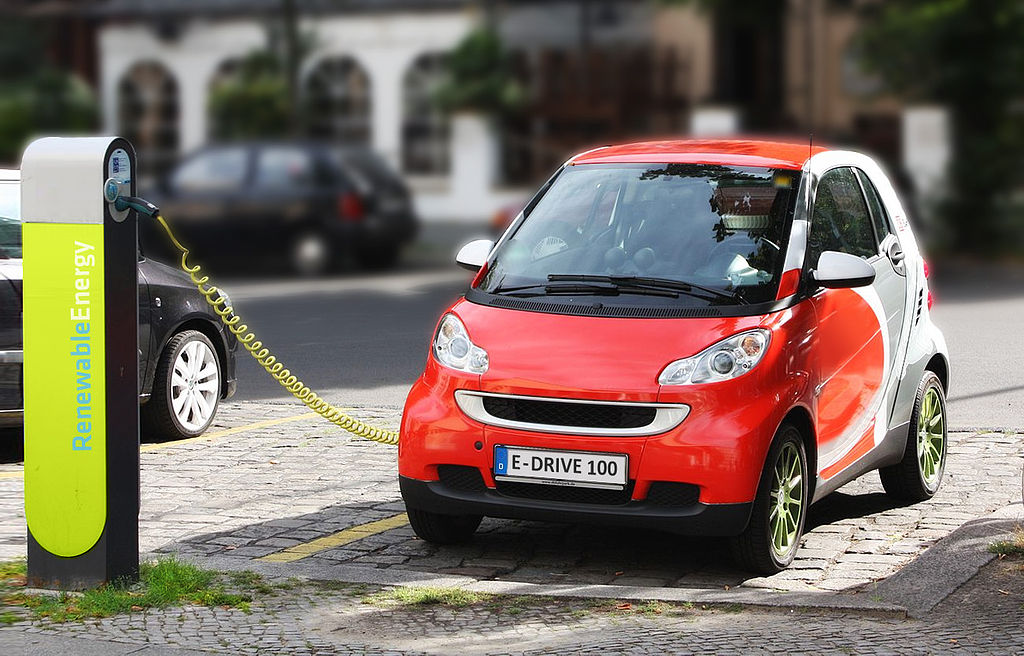
The next power shortage should lighten up traffic considerably!!!
EVs left behind in areas in Florida hit by Hurricane Ian started exploding and catching fire days later. Great! Already-stretched emergency response had to deal with that in addition to everything else. And as you may know EV battery fires take forever to put out. You think the fire is out and it starts up again. Add this new item to the list of major drawbacks of buying and owning an electric vehicle.
“It’s ambitious, it’s innovative, it’s the action we must take if we’re serious about leaving this planet better off for future generations. California will continue to lead the revolution towards our zero-emission transportation future.”
The planet will be in wonderful shape after mining half a million pounds of ore PER CAR for precious metals for the batteries.
Future generations will be thinking, “What were these idiots thinking?”.
This generation will be thinking, “I didn’t realize the battery only last 10 years, and it costs more to replace it than the car is worth.”